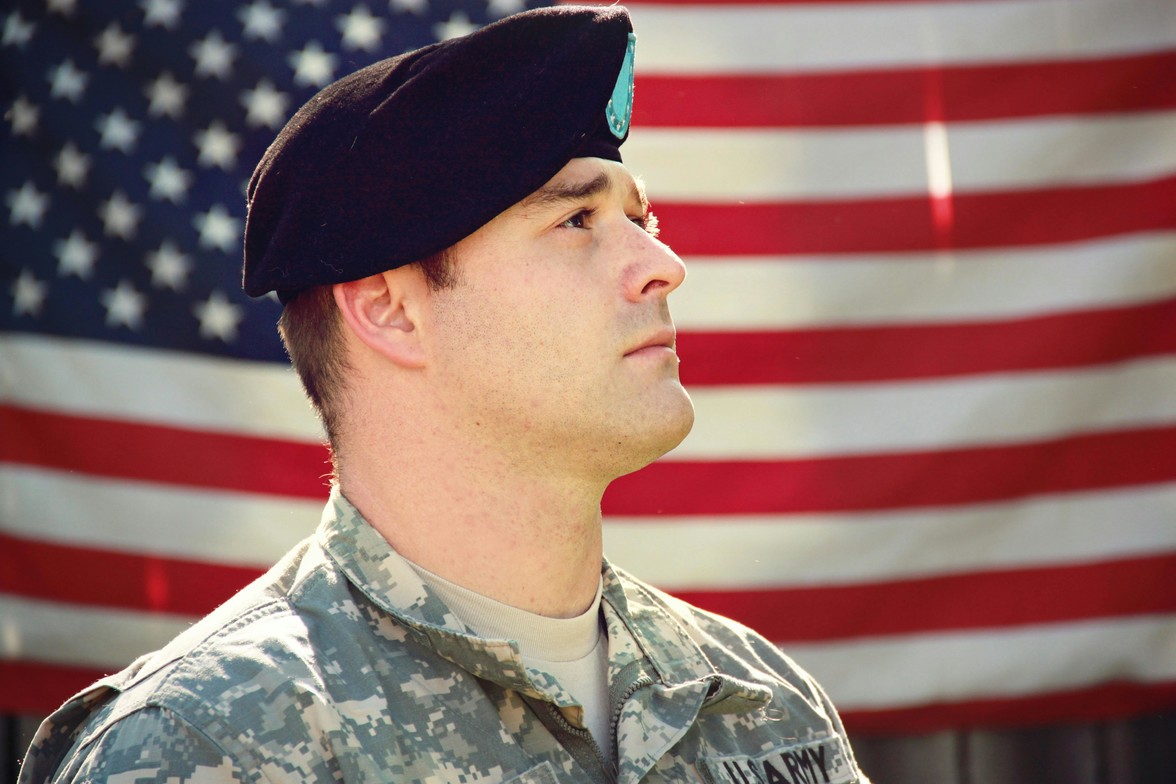
Understanding the Silent Scars: PTSD, Depression, and Anxiety in Veterans
The echoes of war resonate far beyond the battlefield. While the physical wounds of combat may heal, the invisible scars of trauma often linger, leaving a profound impact on the mental well-being of veterans. An estimated 20% of veterans who served in the Iraq and Afghanistan wars have been diagnosed with post-traumatic stress disorder (PTSD), depression, or anxiety. These staggering statistics highlight the urgent need to address the mental health challenges faced by those who have bravely served our nation.
The Invisible Battlefield: Understanding the Unique Challenges of Veterans
Transitioning from the highly structured and demanding environment of the military to the often-unpredictable civilian world is a monumental task, akin to stepping out of a controlled world into a vast, open landscape. This adjustment process can be incredibly challenging for veterans, particularly when compounded by the psychological effects of their service.
The Stigma of Seeking Help: A Barrier to Healing
Military culture often emphasizes resilience and stoicism, often discouraging expressions of vulnerability. This ingrained mentality can create a stigma surrounding mental health, leading many veterans to feel ashamed or hesitant to seek help. This entrenched stigma within the military can make it incredibly difficult for veterans to admit they are struggling and seek the support they need.
The Psychological Impact of Combat: A Complex Web of Trauma
The experiences of combat, including witnessing violence, facing danger, and losing comrades, can leave indelible marks on the psyche. This trauma can manifest in a variety of ways, leading to PTSD, depression, and anxiety. The constant exposure to stress, fear, and violence can create a pervasive sense of unease and vulnerability that extends beyond the battlefield, permeating their daily lives.
Post-Traumatic Stress Disorder: Living with the Echoes of Trauma
PTSD, a debilitating mental health condition, is often triggered by traumatic experiences and can lead to a persistent state of hypervigilance and fear. Veterans suffering from PTSD may experience flashbacks, nightmares, and intrusive thoughts that re-traumatize them, transporting them back to the horrors they have witnessed. This can significantly disrupt their ability to function in daily life, affecting their relationships, work, and overall quality of life.
The Silent Struggle: Depression in Veterans
Depression, a common mental health condition, can manifest in a variety of ways, including persistent sadness, loss of interest in activities, and feelings of hopelessness. Veterans, particularly those who have experienced combat, are at increased risk of developing depression. This can be attributed to a variety of factors, including the psychological impact of trauma, the challenges of reintegration into civilian life, and the difficulty of adjusting to a new sense of purpose after a life dedicated to service.
The Unseen Anxiety: A Silent Epidemic Among Veterans
Anxiety disorders, characterized by excessive worry, fear, and a heightened sense of unease, can significantly impact a veteran's life. These disorders can range from generalized anxiety disorder (GAD), where a person experiences persistent worry about a variety of issues, to panic disorder, where the individual suffers from recurrent panic attacks.
The Ripple Effect: How Untreated Mental Illness Impacts Veterans' Lives
Untreated mental health conditions can have a devastating ripple effect on veterans' lives, impacting their relationships, careers, and overall well-being.
The Burden of Relationships: The Impact of Mental Illness on Personal Connections
Veterans struggling with PTSD, depression, or anxiety often face difficulties maintaining healthy relationships. They may withdraw socially, struggle to communicate their experiences, or experience emotional outbursts that strain their connections with loved ones. The difficulty in explaining the invisible scars of trauma to those who have not experienced combat can create a deep sense of isolation and disconnect.
The Challenge of Re-Entry: Navigating the Civilian Workforce
Finding employment after military service can be a significant hurdle, especially for veterans grappling with mental health challenges. The symptoms of PTSD, depression, and anxiety can interfere with job performance, leading to difficulties with concentration, emotional regulation, and social interaction.
A Path to Healing: Accessing Mental Health Care for Veterans
It is essential to provide veterans with access to comprehensive mental health care to support their healing and recovery. The U.S. Department of Veterans Affairs (VA) plays a critical role in offering a range of services, including mental health counseling, medication management, and support groups.
The VA: A Lifeline for Veterans
The VA provides vital healthcare and mental health services to veterans, including readjustment counseling programs specifically designed to address PTSD, depression, and anxiety. Vet Centers, a network of community-based counseling centers, offer confidential and supportive services to help veterans reintegrate into civilian life.
Community Resources: Building a Support Network
Beyond the VA, a variety of community resources can provide veterans with essential support. Veteran service organizations, non-profits, and government entities offer peer support groups, job fairs, and other programs to help veterans navigate the transition back to civilian life.
The Importance of Early Intervention
Just as with any health issue, early intervention is crucial when it comes to mental health. Seeking help early can prevent the symptoms from escalating and improve the chances of a successful recovery.
The Power of Sharing: Raising Awareness and Breaking the Stigma
Sharing stories and raising awareness about mental health in veterans is critical to breaking down the stigma surrounding these issues. By speaking openly and honestly about their experiences, veterans can help others understand the challenges they face and encourage others to seek help when needed.
It Takes a Village: Supporting Veterans in Their Journey to Healing
Supporting veterans in their journey to healing requires a collective effort. We must continue to invest in mental health services, raise awareness about the unique challenges veterans face, and create a culture of empathy and understanding. By working together, we can ensure that those who have served our nation receive the support they deserve.



